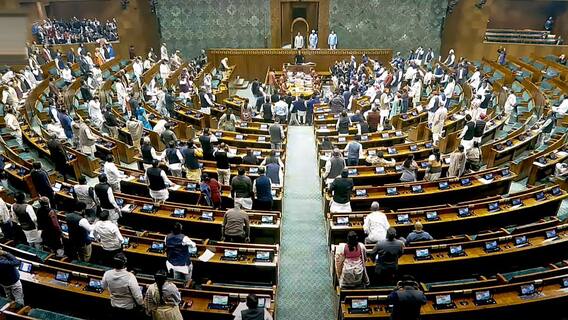Zara Owner Inditex Enhances Fast Fashion Flights From India To Reduce Shipping Delays: Report
The report cited unpublished data and analysis on the firm's shipments from India and Bangladesh which provides a detailed look at this shift and its repercussions for the industry’s climate goals

Zara owner Inditex has increased its usage of air freight to ship clothes from factories in India to the logistics hub in Spain. This move has been undertaken to avoid shipping delays, trade data, industry experts, and investors revealed.
Apparel retailers and exporters have hiked their use of air freight since insecurity in the Red Sea region impacted global shipping chains, reported Reuters. The report cited unpublished data and analysis on the company’s shipments from India and Bangladesh which provides a detailed look at this shift and its repercussions for the fashion industry’s climate goals.
The decision raises questions about how the fast-fashion retailer plans to achieve its target of reducing by half its ‘Scope 3’ or indirect emissions as air transport produces much higher carbon emissions in comparison to shipping.
Notably, Inditex shipped 3,865 consignments by flight from India in the 12 months to August end this year, climbing 37 per cent from the same period a year earlier, a Reuters analysis of shipment records from trade data provider Import Genius revealed.
Out of these shipments, 3,352 were exported after January 1, when attacks on container ships in the Red Sea increased.
The contribution of air freight in the company’s shipments from India surged to 70 per cent in the first eight months of this year, up from 44 per cent in the corresponding period a year earlier, an analysis of customs data which Swiss NGO Public Eye shared with Reuters revealed.
Also Read : Bengaluru Auto Driver Tries To Raise Funding For Start-up In A Unique Way. Check His Viral Post Here
The rise in air freight could enhance the company’s transport emissions which have surged 37 per cent in the 12 months to Jan 31, as against 2022, Reuters calculations revealed. The company’s target is to reduce Scope 3 emissions by half, which includes transport, by the end of the decade, as compared to the 2018 level.
Trending News
Top Headlines






































